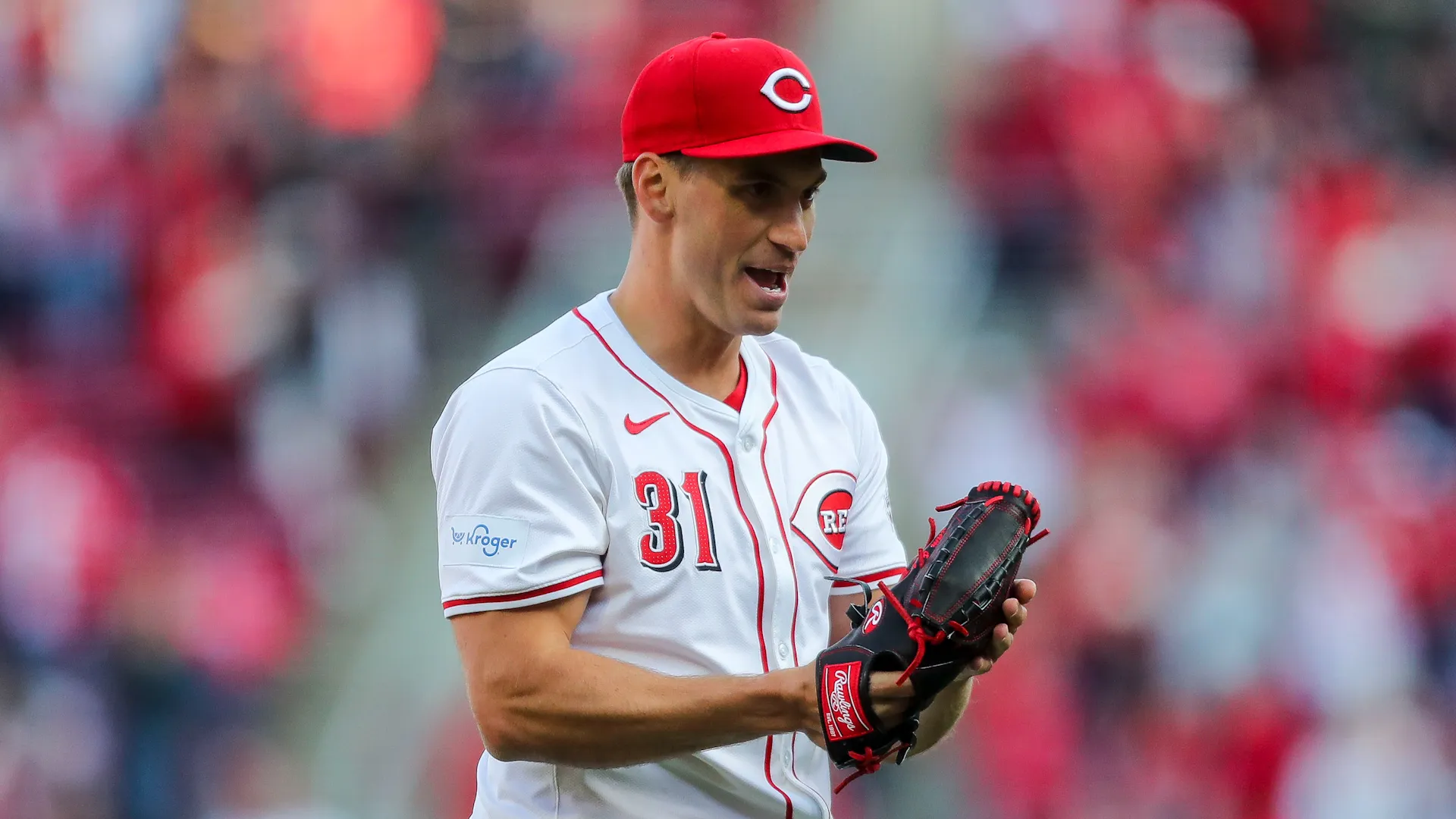
Theo Epstein will meet the press at 11 on Tuesday morning. The Cubs will open their stadium club two hours before that, so the cameramen can start elbowing for position at Wrigley Field.
Epstein once worked as sports editor of the Yale Daily News. He took out a full-page ad in Sundays Boston Globe to thank Red Sox Nation. He must know that hes the big story now.
The Chicago media will alternate between fawning over the new president of baseball operations, and asking real questions about the direction of this franchise.
Boston reporters will want to know if he feels responsibility for the fried chicken and beer culture that poisoned the Red Sox clubhouse, and perhaps guilty about leaving a team in crisis.
The national writers are already heading to the DallasFort Worth International Airport for a travel day in the World Series, and could start rubbernecking at Clark and Addison.
Epstein got out of journalism at the right time, before the media industry started splintering and newspaper companies filed for bankruptcy. Baseball owners and executives began falling in love with young Ivy League graduates, entrusting wonder boys to run their franchises.
It took a perfect storm to sweep Epstein out of Yawkey Way. If one element had turned out different, who knows if he would have been dropped on the North Side next to chairman Tom Ricketts for Tuesdays news conference?
MLB
When Ricketts publicly announced Jim Hendrys firing on Aug. 19, the general manager called it one of the best-kept secrets in Cubs history. Hendry knew his fate almost a full month earlier, and it would lead to one of the worst-kept secrets in Cubs history.
But by the end of August, the Red Sox were still a first-place team with a 161 million payroll. They were 31 games over .500 and closing in on their 700th consecutive sellout at Fenway Park. Conventional wisdom had Ricketts trying to find the next Theo Epstein, not hiring the actual Theo Epstein.
The Red Sox experienced a total meltdown. Their pitching staff gave up 172 runs in September, and they lost 20 of 27 games that month. They finished in third place for the second consecutive season, one game behind the Tampa Bay Rays in the wild-card race.
The environment became toxic. Embarrassing details emerged about Terry Franconas marriageand the ex-managers use of prescription drugsin a Boston Globe investigate piece. Reports surfaced about Red Sox pitchers drinking in the clubhouse and in the dugout during games.
Principal owner John W. Henry went on the teams flagship radio station and talked about the shelf life of a general manager in that market. After nine seasons on the job, Epstein was nearing his expiration date.
The Red Sox never slammed the brakes on this process by reassuring Epstein with a promotion or a contract extension.
Nearing his 38th birthday, Epstein had reached the point in his life where he appeared to have outgrown his jobor at least the many layers of upper management on Yawkey Way. He felt comfortable uprooting his family and leaving his hometown, moving his wife and young son to another great city.
With or without Epsteinand the two World Series rings he helped bring themRed Sox executives seemed to have complete faith in their way of doing business. Ricketts and Cubs president Crane Kenney, who was born in Quincy, Mass., have been obsessed with that model for years.
Ricketts had to reconsider the structure of his front office, and his belief that he didnt need a baseball guy to watch my baseball guy as team president. Epstein had to be guaranteed that Kenney would be limited to business operations and kept out of baseball decisions.
After watching his team lose 178 games across the past two seasons, Ricketts had to find his voice and sell Epstein on his vision. Right or wrong, this would be a signature hire for the chairman.
The Cubs could offer a direct report to ownership and a chance to cement a Hall of Fame legacy. There would be a commitment to spending on amateur talent, with new player-development facilities about to break ground in Arizona and the Dominican Republic.
The Cubs had already paid the price for the "win one for the Tribune" before the team was sold mentality. Several big contracts were about to fall off the books, and the team would begin cycling back toward contention anyway.
The deal didnt fall apart when Cubs management failed to clue in baseball staffers and have them start putting together potential compensation packages. They did this all backwards, agreeing to terms with Epstein on a five-year, 18.5 million dealbefore settling with the Red Sox on two prospects to free him from the final year of his contract.
Desperately trying to turn the spotlight back on the World Series, commissioner Bud Selig had to threaten to arbitrate the dispute. This stalemate over compensation could be something they all laugh about years later after the parade down Michigan Avenueor perhaps the first signs Epstein could see of a deeper dysfunction within the Cubs organization.
After all the twists and turns that brought everyone to this point, the story is really just beginning.


